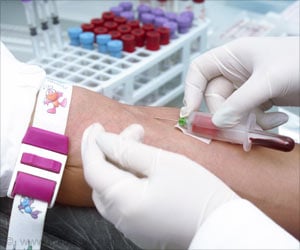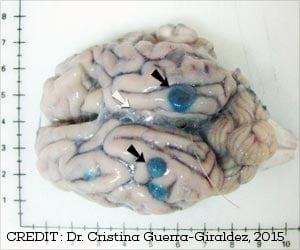Irritable bowel syndrome is the most common chronic and highly recurrent gastrointestinal disorder, with an estimated worldwide prevalence of 10 to 15%.

To help the patients suffering from this disorder, they need to gather reliable data to evaluate the effectiveness and safety profile of new treatment options. Zheng added that this study confirms that pinaverium is an effective and safe option for IBS patients, making it a viable first-line therapy for patients. Hopefully, our findings will help FDA in its evaluation of pinaverium to potentially bring this drug to patients in the U.S.
A significantly higher percentage of patients receiving pinaverium reported that their IBS symptoms improved (60%) than in the placebo group (34%). In the pinaverium group, 29% of patients believed that their IBS symptoms stayed the same and 11% said they worsened.
Pinaverium was not associated with severe adverse effects; common side effects included nausea (3.7%), dizziness (3.2%), increased blood pressure (2.3%) and abdominal discomfort (2.3%). IBS is the most common chronic (life-long in some patients) and highly recurrent gastrointestinal disorder, with an estimated worldwide prevalence of 10 to 15%.
The study is published in Clinical Gastroenterology and Hepatology.
Source-ANI















